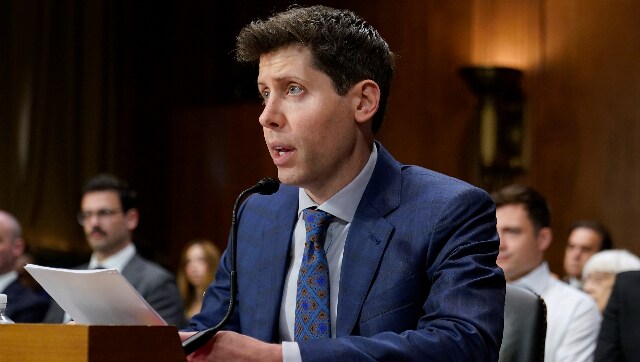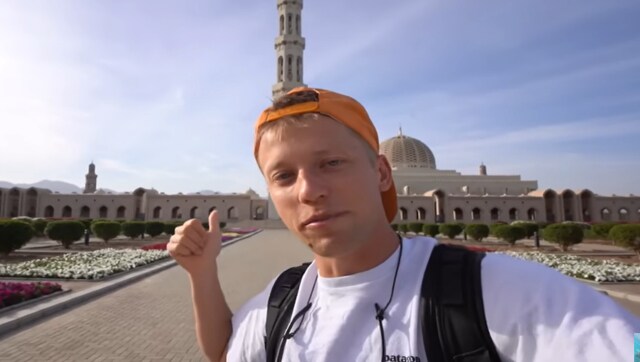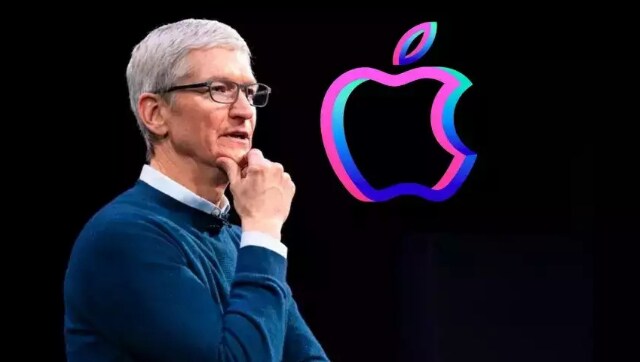OpenAI CEO’s warning to Europe: Will pull ChatGPT out of EU if regulations are too overbearing
OpenAI's CEO Sam Altman has been very vocal in the need to regulate AI and have laws around AI. However, the EU's AI Act is very stringent and has been accused of stifling innovation. If regulations remain overbearing, OpenAI will pull ChatGPT out of Europe.

OpenAI's CEO Sam Altman has been very vocal in the need to regulate AI and have laws around AI. However, the EU's AI Act is very stringent and has been accused of stifling innovation. If regulations remain overbearing, OpenAI will pull ChatGPT out of Europe.
Sam Altman, the CEO of OpenAI, which is supported by Microsoft, has been advocating for the creation of new regulations for AI technology to lawmakers worldwide. However, he recently warned that OpenAI may withdraw from the European Union (EU) if the bloc imposes excessive regulations and is too overbearing.
Altman has been actively engaging with political leaders in several European countries to discuss the future of AI and the progress of OpenAI’s ChatGPT, and the need to regulate the technology, without being too stifling.
Altman skips the development of EU AI Act
Altman did not visit Brussels, where EU regulators are currently developing the much-anticipated EU AI Act, which could become the first global set of regulations for AI. Altman cancelled his scheduled visit to Brussels, according to two undisclosed sources.
Related Articles
Altman expressed his belief that the current draft of the EU AI Act is overly restrictive but suggested that it might be revised. European lawmakers involved in shaping the AI Act contradicted Altman’s statement, indicating that there are no immediate plans to dilute the regulations.
Dragos Tudorache, a Romanian member of the European Parliament leading the drafting process, offered Altman an invitation to express his concerns directly to European lawmakers.
Thierry Breton, the EU industry chief, criticized Altman’s threat and emphasized that the draft rules are not open for negotiation.
OpenAI is expected to further discuss AI regulation in detail and hold meetings with world leaders such as UK Prime Minister Rishi Sunak and French President Emmanuel Macron.
EU Lawmakers not happy with the “threat”
Dutch MEP Kim van Sparrentak, who contributed to the draft EU law, expressed the view that European countries should not allow themselves to be influenced by the ultimatums of American companies.
She stated also that if OpenAI fails to comply with fundamental requirements regarding data governance, transparency, safety, and security, their systems are not suitable for the European market.
Having launched in November last year, ChatGPT had achieved remarkable user growth, surpassing any other consumer application in history, by this February.
OpenAI encountered its first conflict with regulators in March when the Italian data regulator, Garante, temporarily shut down the ChatGPT app in Italy, alleging a violation of European privacy regulations. ChatGPT was reinstated after OpenAI implemented new privacy measures for users.
Tightening the noose around AI
Meanwhile, EU lawmakers introduced additional proposals to the AI Act, mandating that companies employing generative tools like ChatGPT disclose any copyrighted material used in training their systems.
The draft of the AI Act was recently agreed upon by EU parliamentarians. The final details of the bill will be determined through negotiations involving member states, the European Commission, and Parliament. Individual member states, such as France or Poland, can also propose amendments to the bill through the Council of Europe before its potential passage later this year.
Although the legislation has been in development for several years, provisions specifically targeting generative tools were formulated shortly before a crucial vote on the proposals. Initially, some lawmakers suggested banning the use of copyrighted material for training generative AI models entirely, but this idea was abandoned in favour of more stringent transparency requirements.
Altman recently visited Munich, Germany, where he had a meeting with Chancellor Olaf Scholz. Sergey Lagodinsky, a German MEP involved in the legislation, acknowledged Altman’s attempts to influence individual countries but emphasized that Brussels’ plans to regulate the technology are progressing vigorously. Lagodinsky expressed doubt that the overall trajectory of the regulations would change significantly, although some amendments may be made.
Read all the Latest News, Trending News, Cricket News, Bollywood News,
India News and Entertainment News here. Follow us on Facebook, Twitter and Instagram.
also read

This 'Chai GPT' tea stall has taken ch'AI' to another level
The 'Chai GPT' tea stall has gone viral on Twitter, with people reacting to the name with multiple reactions

WATCH: YouTuber's weeklong travel experience orchestrated by ChatGPT
Australian YouTuber Jorden Tually recently conducted an intriguing experiment, documenting his experience of allowing ChatGPT to 'control' his life for a week by planning a trip to a foreign country

Is Apple looking to make its own ChatGPT? Tech giant starts hiring top talent in Generative AI
Apple has been conspicuously missing from the Generative AI scene, while Microsoft and Google have made some major headways into AI and what it has to offer. That is now set to change as Apple has started hiring top AI engineers and Generative AI experts


